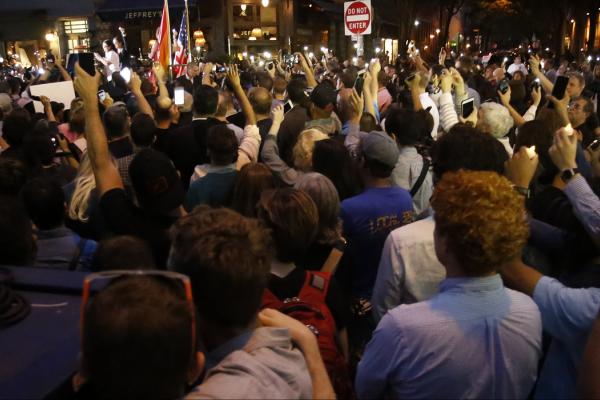Jun 16, 2016
Tomorrow is the one-year anniversary of the Charleston massacre — a moment that shocked the nation into considering our collective complicity in a culture of white supremacy and its continuing violence against people of color. The anniversary stands in the wake of another massacre, this time in Orlando, this time targeting the LGBTQ community. For people of faith in particular, this is a moment to consider our complicity in a culture that otherizes a whole swath of our society. It’s appropriate that we apply some theology to these tragedies.
Read the Full Article

Already a subscriber? Login
